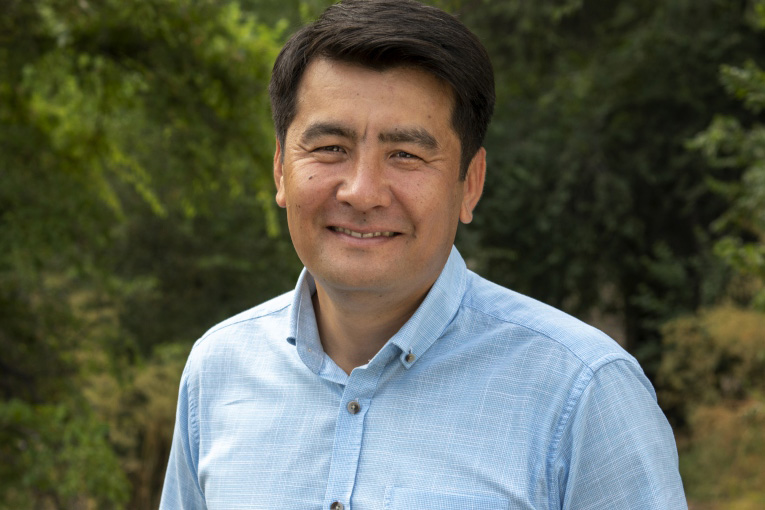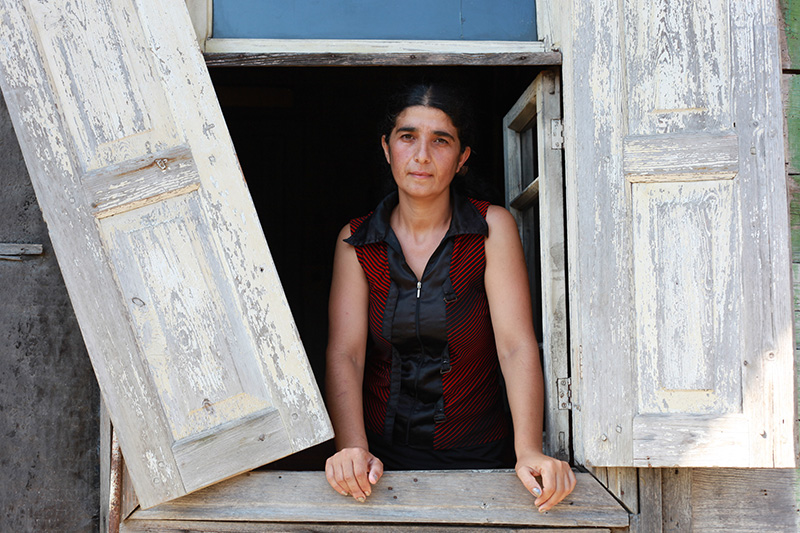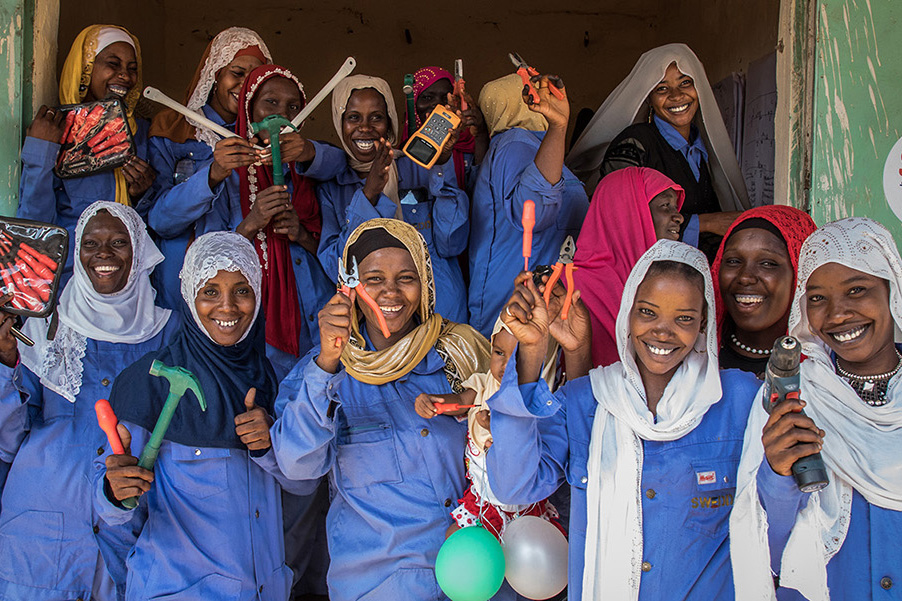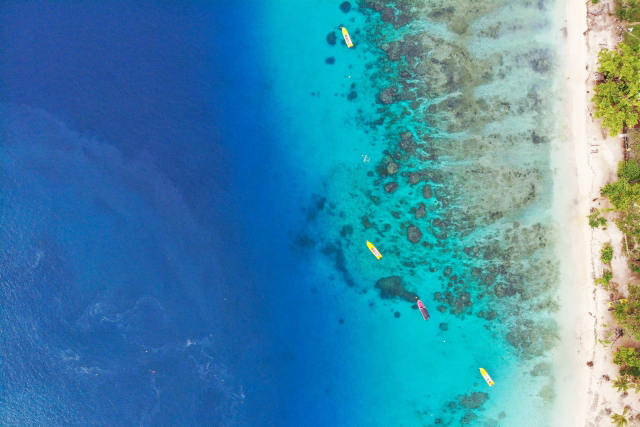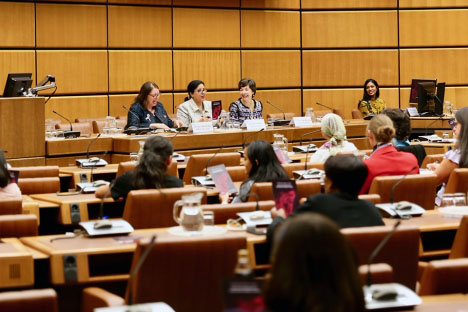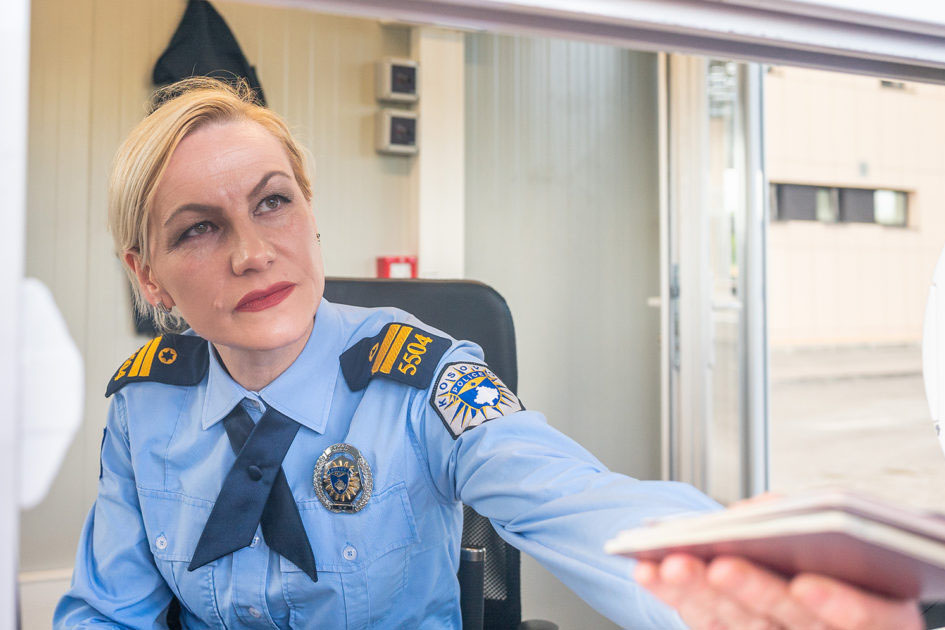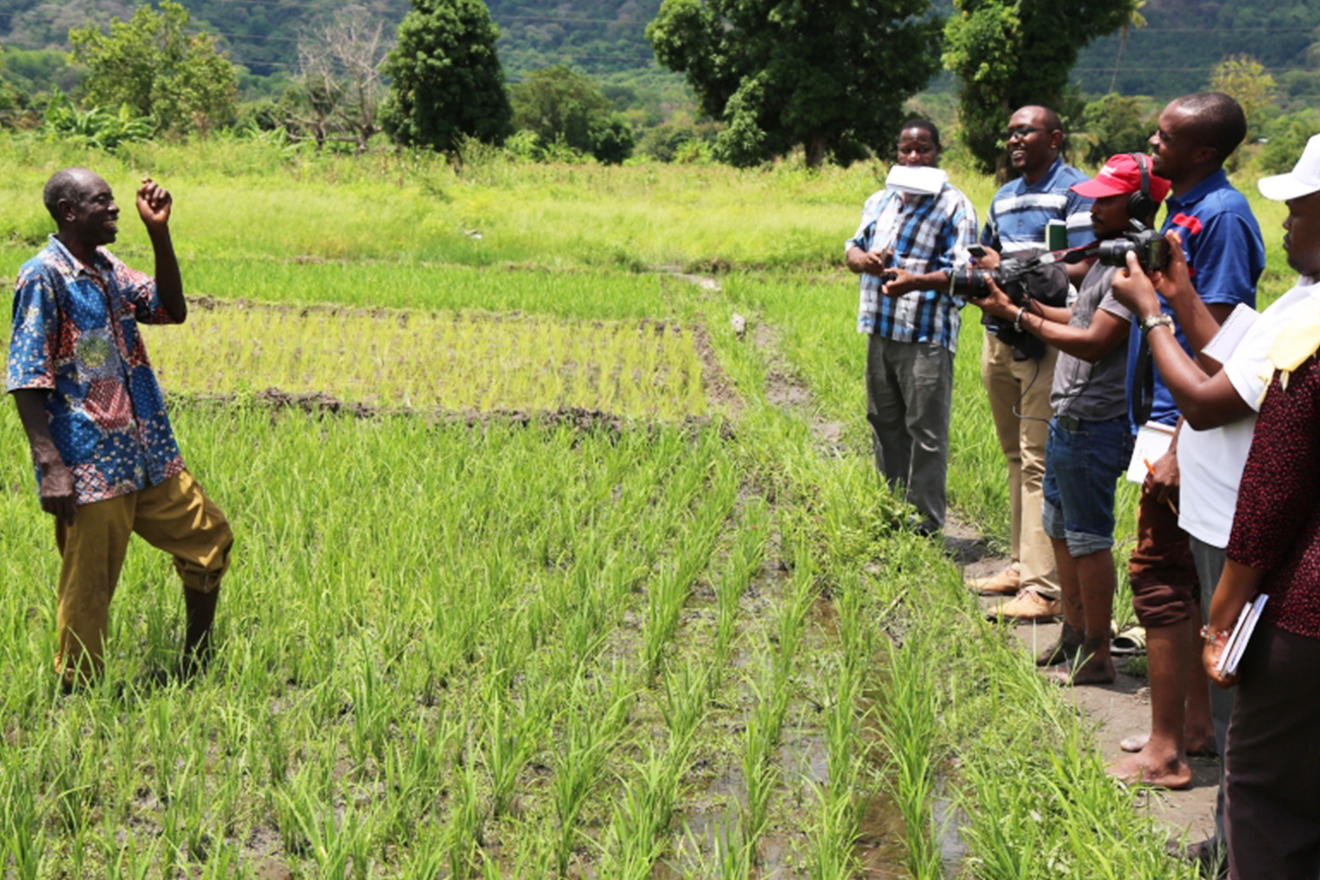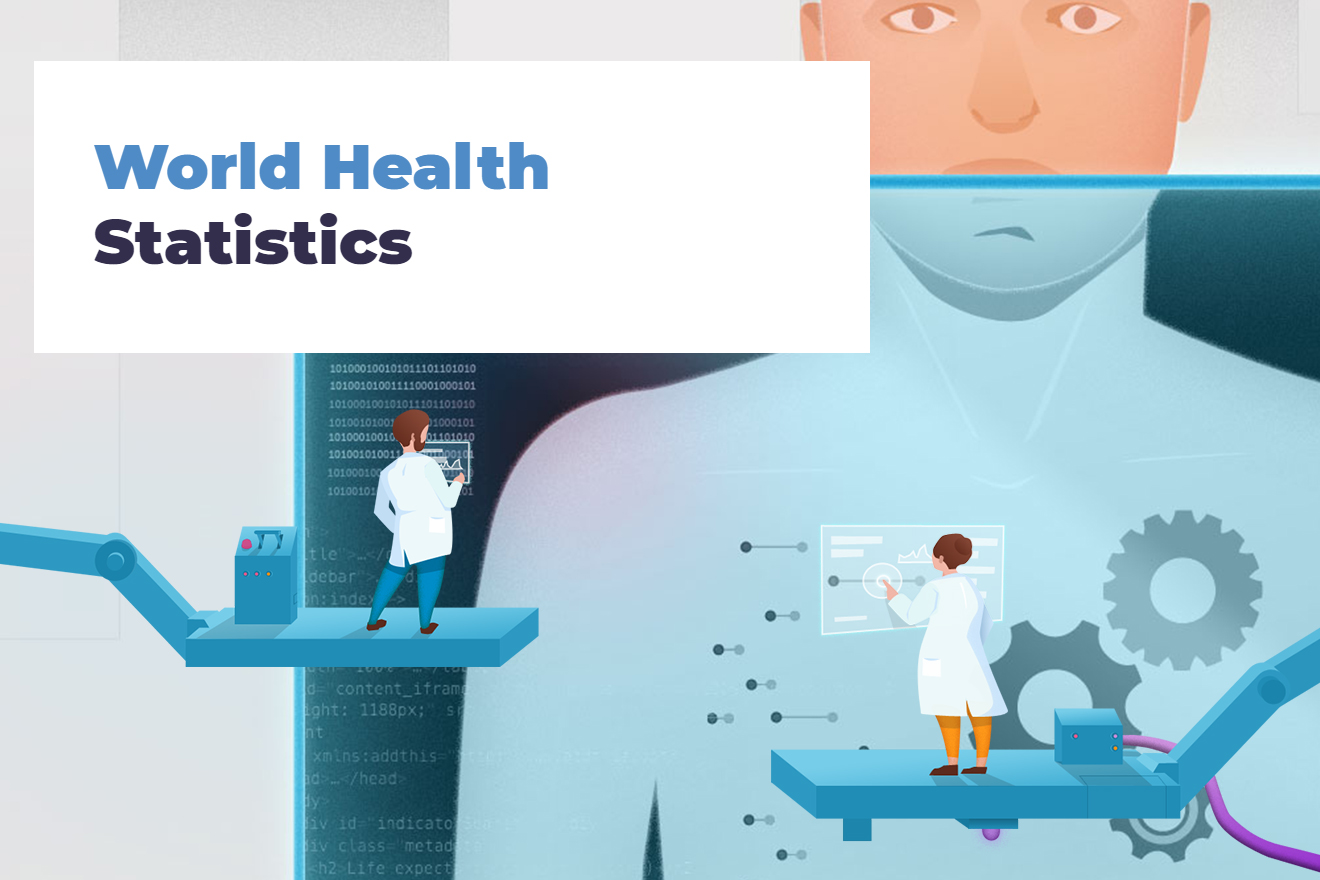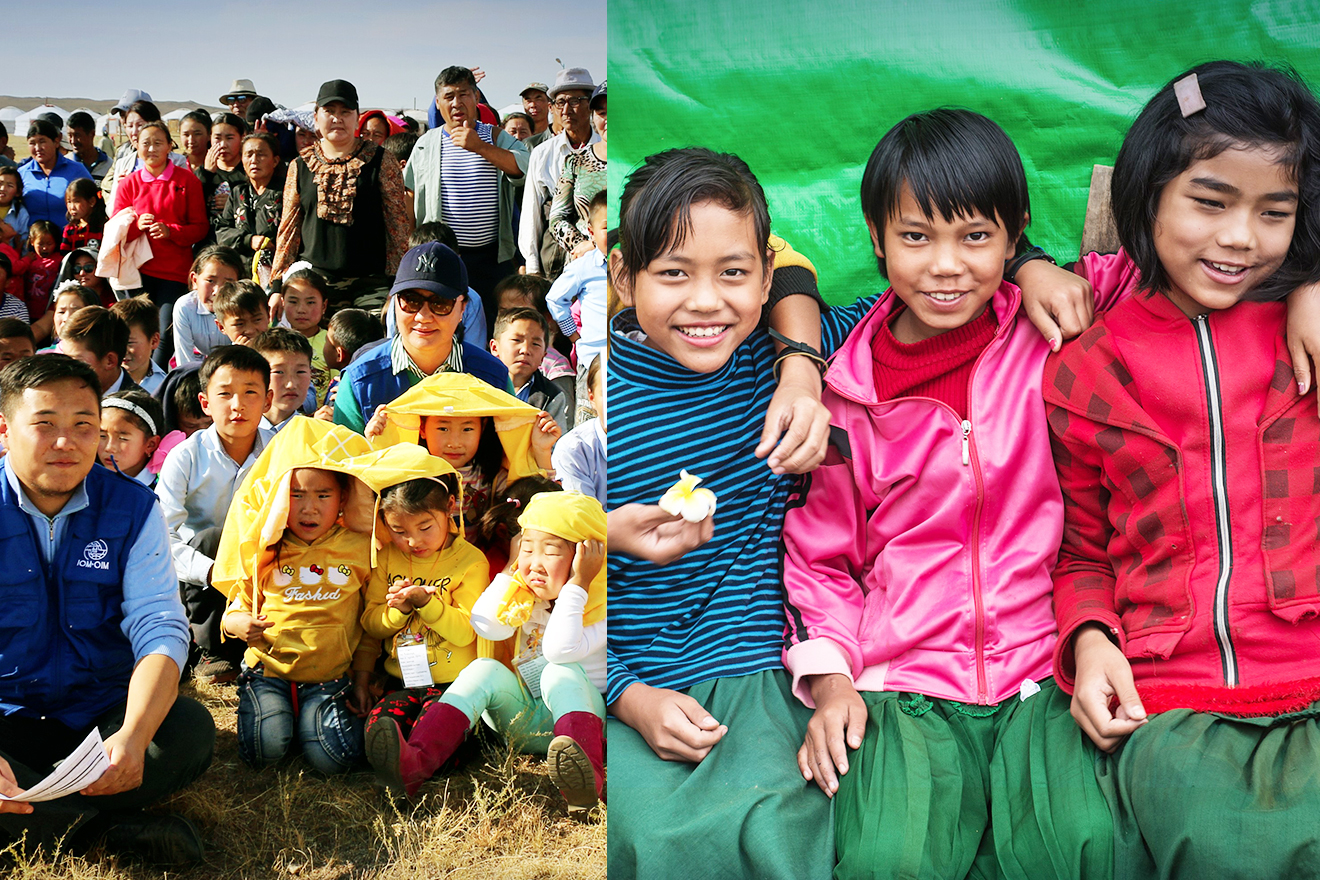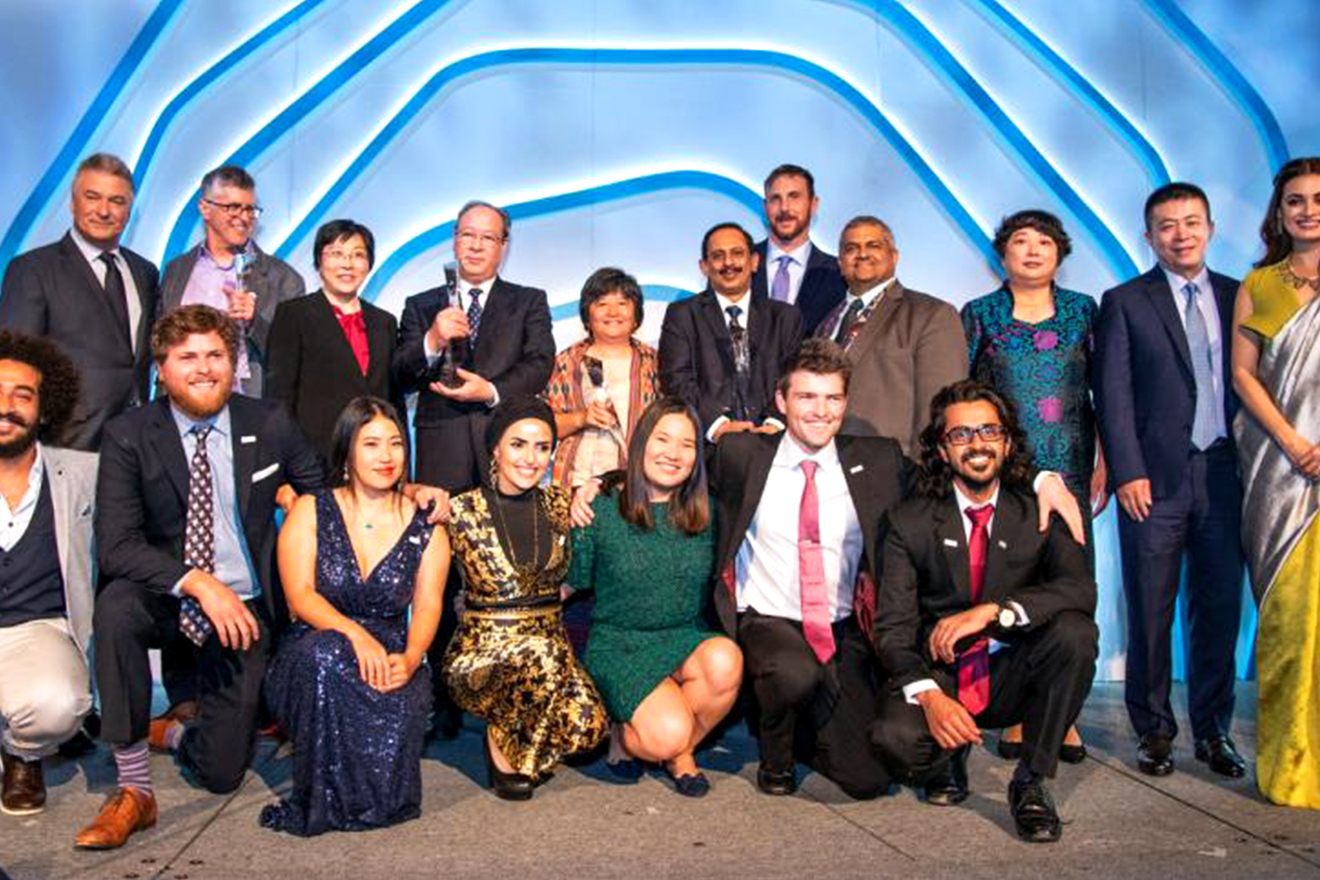Explore this InfoStory to find out why gender balance at all levels of business is better for companies and economies as a whole.
After attending a beekeeping training conducted by FAO, Hassan Muhumed Abdilaahi now produces over 2,000 kilograms of honey each year, up from the 30 kilograms he produced in 2013. Beekeeping has been traditionally looked down upon in Somalia, mostly due to the lack of knowledge. Sixty percent of the population relies directly or indirectly on livestock activities. However, most people are unaware that beekeeping and processing hive products can be just as lucrative. “People perceive beekeeping as an unprofitable business,” said Hassan. “I know as a matter of fact that beekeeping is profitable.” In addition to keeping bees, Hassan now delivers trainings to pass on his wealth of knowledge.
Azizbek Ashurov, a lawyer, whose work has supported the efforts of the Kyrgyz Republic in becoming the first country in the world to end statelessness, has been selected as the 2019 winner of the UN Refugee Agency’s Nansen Refugee Award. Through his organization Ferghana Valley Lawyers Without Borders (FVLWB), he has helped well over 10,000 people to gain Kyrgyz nationality after they became stateless following the dissolution of the Soviet Union. Ashurov says he was motivated by his own family’s difficult experience of achieving citizenship after arriving from Uzbekistan: “I realised that if it was this difficult for me - with my education and as a lawyer - then imagine how hard it must be for an ordinary person”, he said.
While sustainable and ethical fashion is gaining ground, the fashion industry is still one of the most harmful.
UN Women’s gender data programme Making Every Woman and Girl Count (Women Count) seeks to affect a radical shift on how we do gender statistics.
A simple new device that costs less than US$1 to make could help global efforts to reduce harmful air pollution caused by ammonia emissions, while improving access to food.
Investing in girls’ education and keeping girls in school is the critical first step in opening up opportunities for women in the Sahel.
Small Island Developing States (SIDS) are a group of countries that share similar sustainable development challenges, including susceptibility to natural disasters, vulnerability to external shocks and excessive dependence on international trade. Many SIDS are remote and have a relatively narrow resource base to fuel their economies and development. Here are five ways that the UN Food and Agriculture Organization (FAO) is working with SIDS to achieve the Sustainable Development Goal (SDG) 2 – Zero Hunger.
At an event on the sidelines of the IAEA’s 63rd General Conference, experts reviewed the pivotal role of nuclear techniques in the prevention, diagnosis and treatment of cardiovascular diseases, particularly in women.
New quality infrastructure in Kosovo funded by the European Union and implemented by UNOPS is helping to connect people throughout the Western Balkans – fostering economic development, and supporting regional cooperation, peace and stability.
By 2030, global temperatures will rise by 1.5°C. If we do nothing, by 2050 temperatures could rise 2°C or even 3°C. What are the consequences?
"[S]uch young minds are still active and productive. So I listen to them." Zablon said in an FAO feature. Students in Junior Farmer Field and Life Schools received training from FAO. They, in turn, taught the farmers.
Data on disease, death, numbers of healthcare workers, and analysing the amount spent on healthcare allows us to understand why people become sick and what kills them. Here is the annual WHO Statistics.
Find A Way is a global initiative focusing on the resilience and strength of those affected by forced migration due to climate change.
This year’s Champions of the Earth and Young Champions of the Earth award ceremony will be held during the 74th Session of the UN General Assembly Week on 26 September, in New York.



